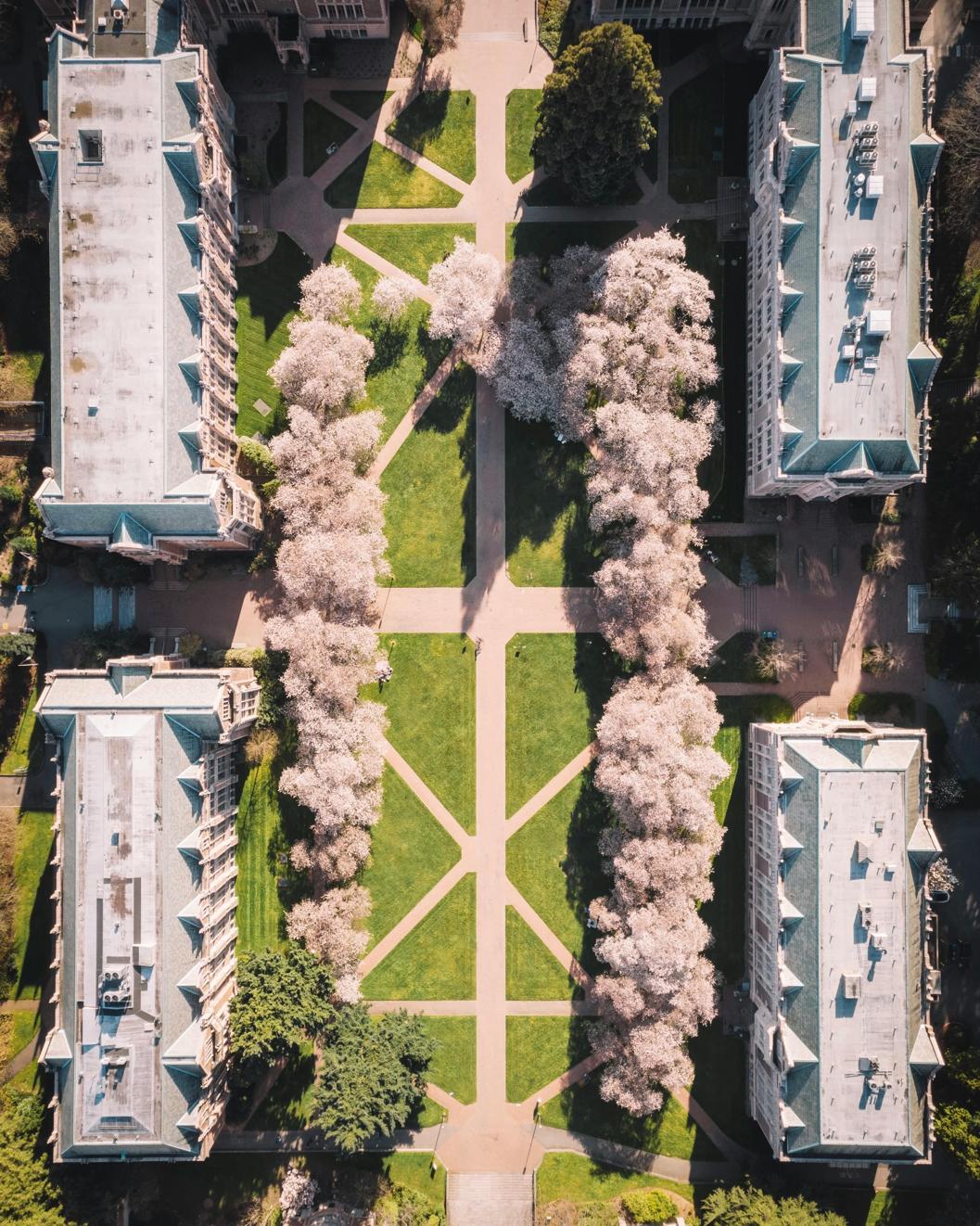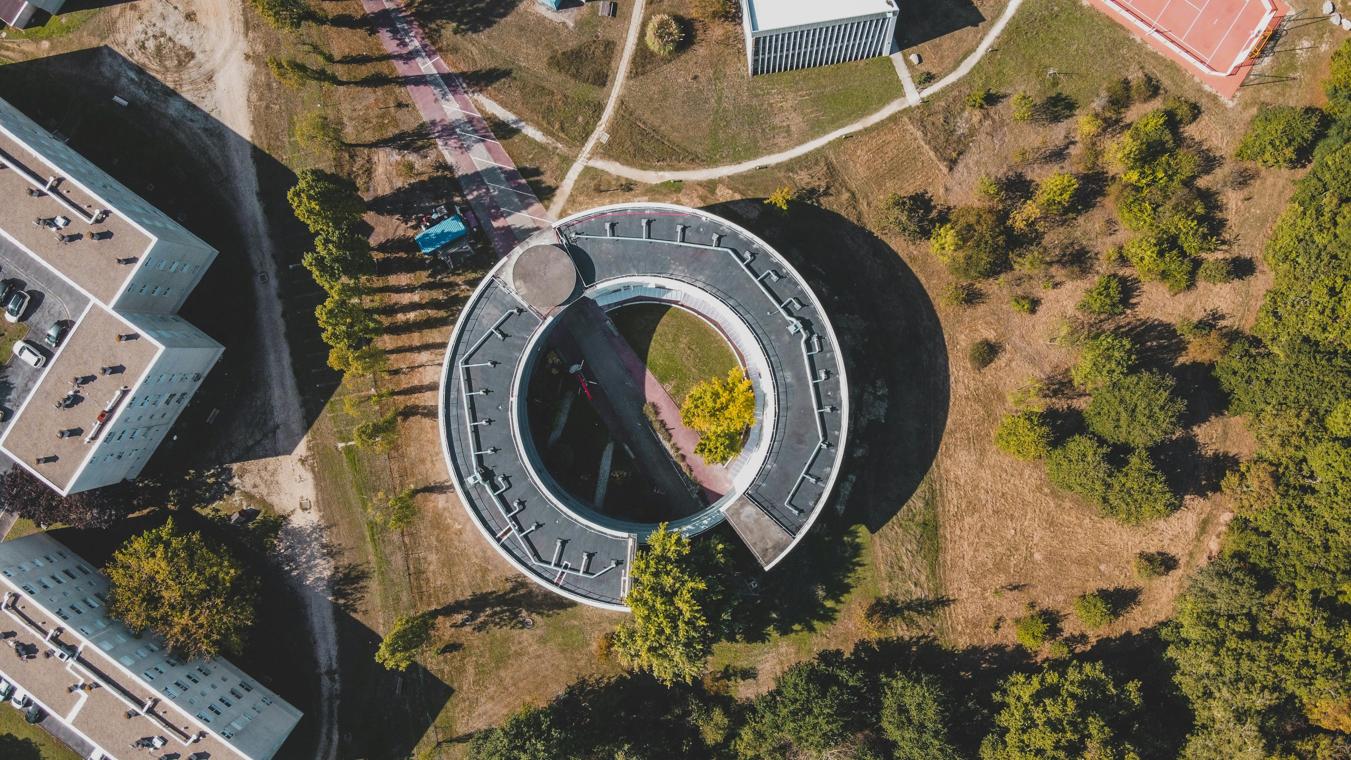Introduction
Drones on College Campus
Drones are increasingly becoming a staple on college campuses, revolutionizing multiple aspects of campus life. Their use ranges from academic research to enhancing campus security. With the growing presence of drones, understanding their potential benefits and associated risks becomes crucial. This article offers a comprehensive exploration of the role drones play in modern educational environments, from the academic applications to the challenges and best practices for their integration.
The integration of drones on college campuses has the potential to enhance various aspects of academic and operational activities. Their versatility offers unique advantages that can improve campus life significantly.

Academic Applications
Drones are an invaluable tool for academic research. With their ability to capture high-resolution aerial images, students and faculty can conduct in-depth environmental studies, survey large areas, and gather data that was previously difficult to obtain. Engineering students, for instance, can use drones for practical applications in robotics and programming. In addition, visual arts students can capture unique footage and create impressive aerial cinematography. This blend of technology and education fosters an innovative learning environment that pushes the boundaries of traditional academic exercises.
Campus Security and Surveillance
Campus security is another area where drones have made a significant impact. Drones can efficiently monitor large campus areas, making it easier to identify and respond to security threats. This enhanced surveillance capability ensures faster response times in case of emergencies and can deter potential criminal activities. Ensuring a safer campus environment not only protects students and staff but also contributes to the overall peace of mind within the college community.
While the benefits of drones are substantial, their usage on campus does not come without challenges and risks. Addressing these issues is vital for the successful integration of drones into campus life.
Safety and Regulatory Concerns
Safety is a primary concern when it comes to operating drones on campus. Drones can present hazards such as potential collisions, mechanical failures, or interference with other air traffic. Adhering to regulatory guidelines set by aviation authorities is essential to mitigate these risks. Colleges must ensure that drone operations comply with national and local regulations, including obtaining necessary permits and maintaining a no-fly zone around restricted areas.
Privacy and Ethical Issues
The use of drones also raises privacy and ethical issues. Unauthorized drone flights can infringe on personal privacy, capturing images or videos without consent. Moreover, misuse of drones for surveillance can lead to ethical dilemmas regarding the balance between security and individual rights. Establishing clear guidelines and policies to safeguard privacy and uphold ethical standards is crucial in maintaining trust within the campus community.
Examining current case studies and examples provides valuable insights into how drones are effectively being used on college campuses. These real-world applications showcase the transformative potential of drone technology in diverse academic and operational contexts.

Successful Integration in Research
One notable example includes the use of drones in environmental research at Stanford University. Here, drones collect data related to climate change, biodiversity, and land usage. These devices have enabled researchers to access hard-to-reach areas, gather precise data, and make critical advancements in environmental science. Similarly, the University of Maryland employs drones in agricultural studies, helping to monitor crop health and optimize farming practices, thus contributing significantly to agricultural innovation.

Implementation in Campus Maintenance
Drones are also playing a pivotal role in campus maintenance. For instance, the University of Michigan has implemented drones to inspect building roofs and assess infrastructure. This application reduces the need for manual inspections, enhancing safety and efficiency. Additionally, the maintenance teams at Clemson University use drones for tasks such as monitoring vegetation growth around campus, identifying potential hazards, and ensuring that the campus is well-maintained year-round.
To maximize the benefits and minimize the risks associated with drone usage, colleges must adopt best practices. These comprehensive strategies ensure safe, effective, and ethical usage of drone technology across various scenarios.
Developing Effective Drone Policies
Developing effective drone policies is fundamental. Colleges should work with legal advisors and drone experts to create comprehensive policies that address safety, privacy, and operational guidelines. These policies should include restrictions on where and when drones can be flown, pilot certification requirements, and mandatory adherence to regulatory standards. Clear policies help in maintaining a structured and safe drone operation environment on campus.
Training and Education Programs
Training and education programs are equally important. Offering courses or workshops on drone operation, safety protocols, and ethical considerations can ensure that students and staff are knowledgeable and capable of handling drones responsibly. These programs can also foster a culture of safety and responsibility, encouraging careful and informed use of drone technology.
Drones hold tremendous potential for enhancing academic research, improving campus security, and simplifying maintenance tasks. However, their successful integration requires careful planning, effective policies, and comprehensive education programs. By addressing the challenges and leveraging best practices, colleges can harness the full benefits of drone technology while ensuring a safe and respectful environment.
Frequently Asked Questions
What are the primary benefits of using drones on college campuses?
Drones offer numerous benefits including enhanced academic research capabilities, improved campus security, and efficient maintenance operations.
Are there any legal restrictions for flying drones on campus?
Yes, drone operations must comply with national and local regulatory guidelines, which can include necessary permits and specific no-fly zones.
How can colleges ensure the safe use of drones?
Colleges can ensure safe usage by developing clear policies, providing training programs, and adhering to regulatory standards.
